All Teaching
-
Read More
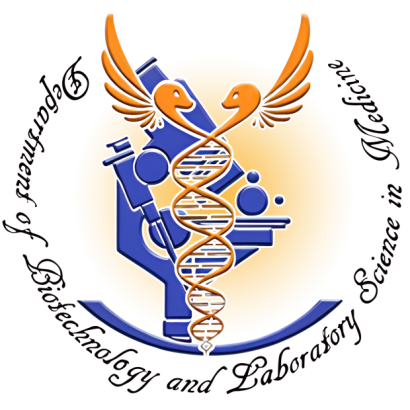 Department of Biotechnology and Lab Science in Medicine
Department of Biotechnology and Lab Science in MedicineDepartment of Biotechnology and Lab Science in Medicine
Since founded in 1979, Department of Biotechnology and Laboratory Science in Medicine has been dedicated to cultivating high-quality elites in medical laboratory. The Department established the nationwide first master program of Institute of Biotechnology and Laboratory Science in Medicine in 1995, and the following PhD program in 2001. -
Read More
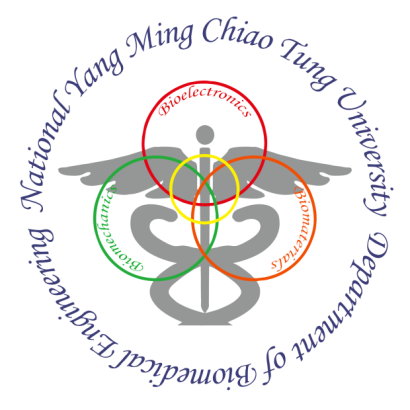 Department of Biomedical Engineering
Department of Biomedical EngineeringDepartment of Biomedical Engineering
Our department stands out as the pioneering Biomedical Engineering department (established in 2009) and graduate institute (established in 1984) among national universities in Taiwan. Over the years, we have cultivated numerous high-quality talents with expertise and cross-disciplinary capabilities, who have made significant contributions in various sectors including industry, academia, and government healthcare departments. -
Read More
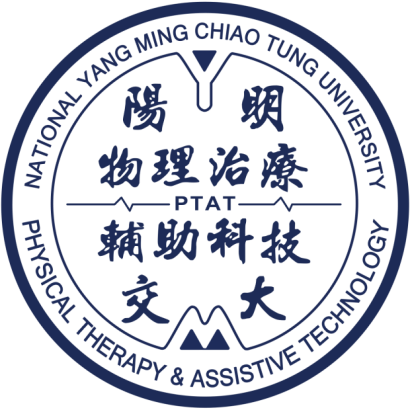 Department of Physical Therapy and Assistive Technology
Department of Physical Therapy and Assistive TechnologyDepartment of Physical Therapy and Assistive Technology
The Department of Physical Therapy was established in 1988, initially named the Department of Rehabilitation Medicine. The department evolved from a small Rehabilitation Medicine department admitting only twenty-five students per year to the establishment of a physical therapy department, the establishment of a graduate institute, the subsequent merger with the Institute of Rehabilitation Technology and Assistive Devices, and later the establishment of a doctoral program. -
Read More
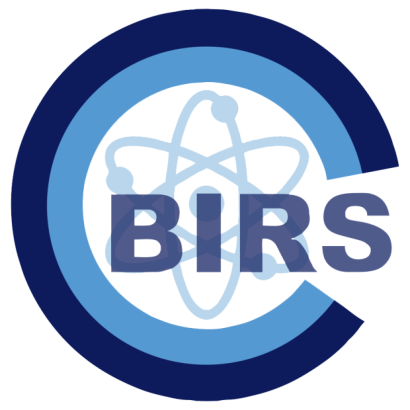 Department of Biomedical Imaging and Radiological Sciences
Department of Biomedical Imaging and Radiological SciencesDepartment of Biomedical Imaging and Radiological Sciences
In 1990, the university established the Radiological Technology Division under the Department of Medical Technology. In 1998, the division was upgraded to the Department of Radiological Technology and simultaneously founded Taiwan's first Graduate Institute of Radiological Sciences, enrolling its first cohort of master's students. In 2002, a doctoral program was launched. In 2006, merging into a unified entity and renamed the Department of Biomedical Imaging and Radiological Sciences. -
Read More
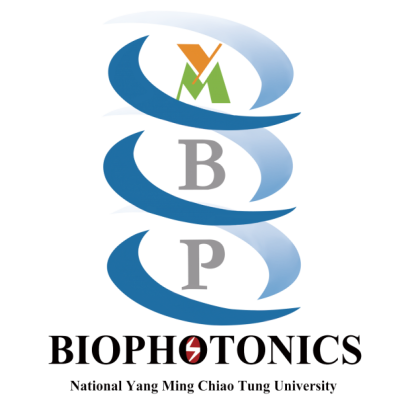 Institute of Biophotonics
Institute of BiophotonicsInstitute of Biophotonics
The Institute of Biophotonics at National Yang-Ming University, and the corresponding Master program was established in the fall of 2002. The PhD program followed in 2007 in an effort to catch up with the now fast evolving discipline of biophotonics in Taiwan. The institute is strongly supported by the vibrant academic environment within the University and its vicinity, which form one of the best bio-medical research complexes in Taiwan, and Asia. -
Read More
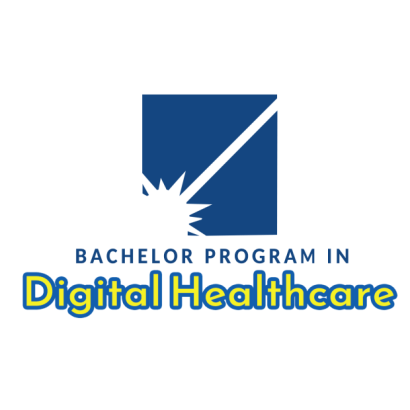 Bachelor Program In Digital Healthcare
Bachelor Program In Digital HealthcareBachelor Program In Digital Healthcare
The undergraduate program was established in August 2013, with a curriculum that emphasizes physics and chemistry as the foundation, applied to the development of biophotonics and nanoscience. The program integrates the faculty and resources of the Institute of Biophotonics, aiming to cultivate students with both strong fundamental knowledge and practical application abilities at the undergraduate level.
The program is led by a Program Director, who oversees its overall planning and development. In addition to administrative operations, the program is supported by a Curriculum Committee, which convenes every semester to discuss and make decisions on all major academic and program-related matters. -
Read More
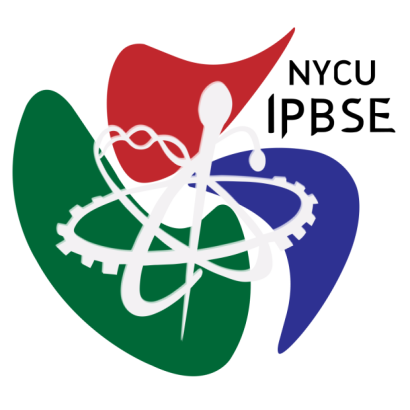 Industrial Ph.D. Program of Biomedical Science and Engineering
Industrial Ph.D. Program of Biomedical Science and EngineeringIndustrial Ph.D. Program of Biomedical Science and Engineering
In response to the aging population and the growing demand for personalized healthcare, the government promotes the development of innovative smart medical devices and the integration of health and medical services. The medical device industry combines interdisciplinary technologies such as biomedical science, computer science, electrical engineering, mechanical engineering, optics, chemical engineering, and materials science. It is characterized by low-volume, high-variety production. However, domestic universities tend to focus more on theoretical and basic sciences, with limited emphasis on industrial applications and translational medicine. As a result, graduates often struggle to align with industry needs and effectively contribute to industry advancements.
To address this gap, the National Yang Ming University School of Biomedical Sciences and Engineering (the School) has established the "Medical Device Technology and Biomedical Imaging Technology Industry Elite Ph.D. Program" (the Program), in line with the Ministry of Education’s plan. This program follows an industry-academia collaboration model, aiming to cultivate high-level medical device professionals with expertise in practical applications, market needs, and innovation, thereby supporting the development of Taiwan’s advanced biotechnology and medical industries. The Program incorporates industry internships and fosters collaboration with the School’s departments and industry partners. It was later renamed the "Biomedical and Engineering Technology Industry Ph.D. Program." Officially launched in the 106th academic year, the Program aims to bridge the gap between academia and industry while training practical research and development talent.
VISIT THE IPBSE WEBSITE -
Read More
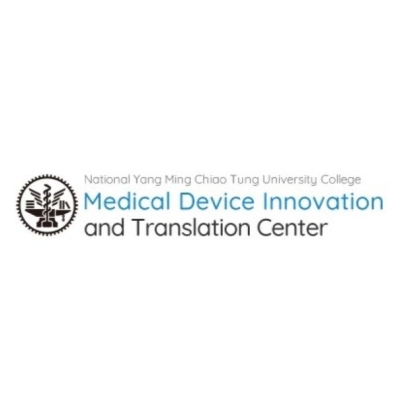 Medical Device Innovation and Translation Center
Medical Device Innovation and Translation CenterMedical Device Innovation and Translation Center
After merging into National Yang Ming Chiao Tung University in 2021, the two joined forces to integrate biomedical expertise with innovative engineering. With support from affiliated hospitals and updated regulations, the university accelerates the development and clinical application of medical devices, cultivating talent and advancing high-value national industries. -
Read More
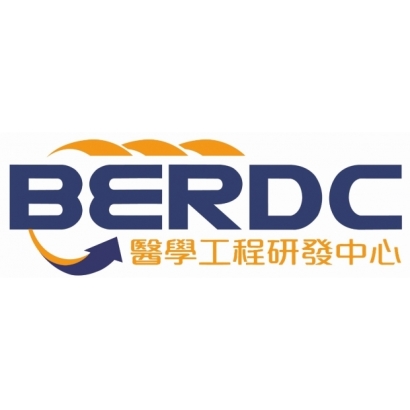 Biomedical Engineering Research and Development Center
Biomedical Engineering Research and Development CenterBiomedical Engineering Research and Development Center
Focusing on academic research as the foundation and industrial and clinical applications as the core, we integrate the interdisciplinary R&D capabilities of our School of Biomedical Sciences and Engineering and other internal and external partners. We engage in cutting-edge, innovative medical device fundamental research and foster collaboration in industry, healthcare, academia, and research for product development and talent cultivation, jointly creating high-quality innovative medical devices.
Basic Science
Personnel Cultivation
Translational Medicine
Innovative Medical Devices
Multi-Disciplinary Academy-Industry Collaborations
VISIT WEBSITE -
Read More
 ICF and Assistive Technology Research Center
ICF and Assistive Technology Research CenterICF and Assistive Technology Research Center
In 2001, ROC Ministry of Interior entrusted the establishment & management of CATR@P to “Research Center on International Classification of Functioning, Disability and Health (ICF) and Assistive Technology (RICFAT)” of National Yang-Ming University. The center’s competent authority was changed to “Social and Family Affairs Administration, Ministry of Health & Welfare” due to reorganization of the Executive Yuan in July, 2013. CATR@P serves central and local governments and the society by providing professional consultation in terms of services, research, development and application of AT related to welfare, long-term care, special education, job accommodation, healthcare, and rehabilitation, and by assisting in policy making. CATR@P contributes to the achievement of central and local governments of building up the network of local AT centers all around the nation and provides seamless support for enhancing AT services. The most important thing is to establish great infrastructure for the society. CATR@P “Think Globally, Act Locally” and wish Taiwan experience of AT services soon will be seen by the world.
VISIT WEBSITE










